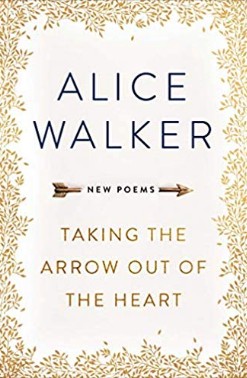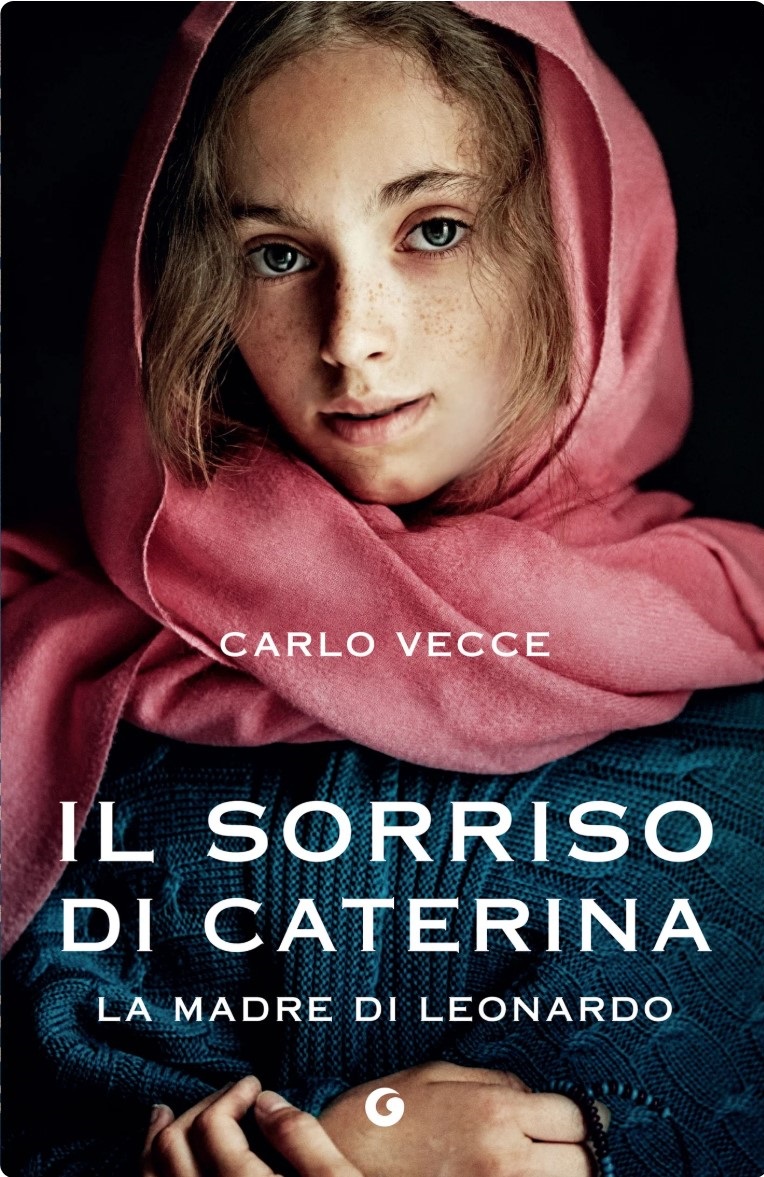|
English Summary/英文概要: Professor Vecce has brought sensitivity and respect to Caterina’s life in a story that gallops across the page on the energy of his immense historical research and results in a compelling novel that reads like a story from the Arabian Nights or the Travels of Marco Polo, all the while granting us detailed insight into the mother of one of the greatest minds of all time, Leonardo da Vinci.
Professor Vecce is a historian who has been researching Leonardo da Vinci for many years. When he recently found evidence in the archives that suggested Caterina to be Leonardo’s mother, Professor Vecce felt compelled to tell her story first in a novel because the findings are immense: Caterina was from Circassia, and was brought to Italy by way of the Sea of Azov, the Black Sea, and Constantinople, to Venice, where women from Circassia were brought work on the production of brocade. She was a slave, a woman whose life, possessions, voice, and liberty were taken from her. The author saw so many parallels to our modern-day plight of slaves and international refugees that his desire to allow this woman to be known and to become immediately human in our eyes overcame even his instincts as a historian (nb, his scientific article was published on 30/10/23; his non-fiction title, The Life of Leonardo will be published by Giunti in April 2024.)
Awards/获奖情况: “The main message of Caterina’s story, which is a message of hope and liberation … offered keys to the interpretation of our contemporary world and its current tragedies: war, violence, migrations, the exploitation of human labor.” – Carlo Vecce
|
|
|
About the Author/作者介绍: Carlo Vecce is a well-known and well-respected Scholar of Renaissance civilization. Over time, he has devoted himself above all to the figure and work of Leonardo da Vinci. For Giunti Editore he has published, with Carlo Pedretti, The Book of Painting (1995) and The Arundel Code (1998), as well as numerous other essays, inclusding the most recent Library of Leonardo (2021). He has directed cultural cooperation programs in India and China, and was elected to the prestigious Accademia dei Lincei. He is currently a professor at the Università di Napoli L’Orientale, in Naples, Italy. |

